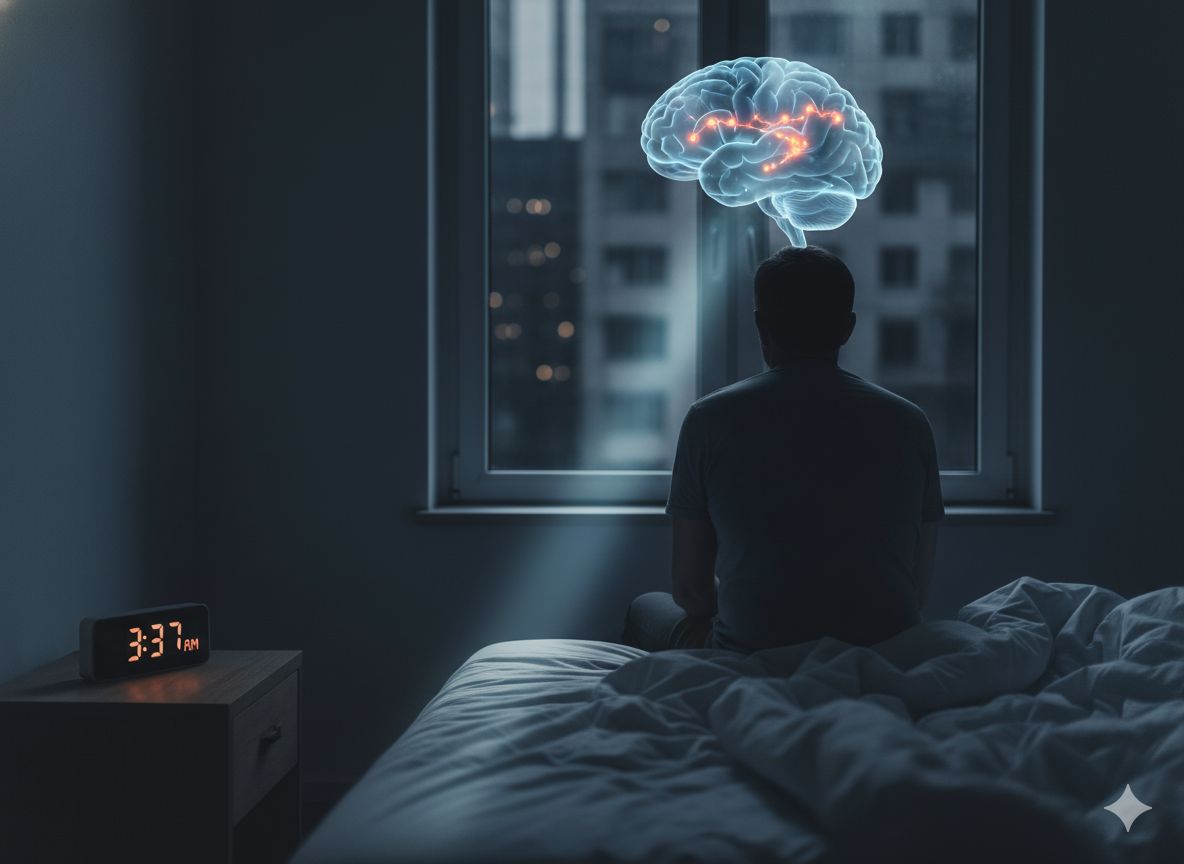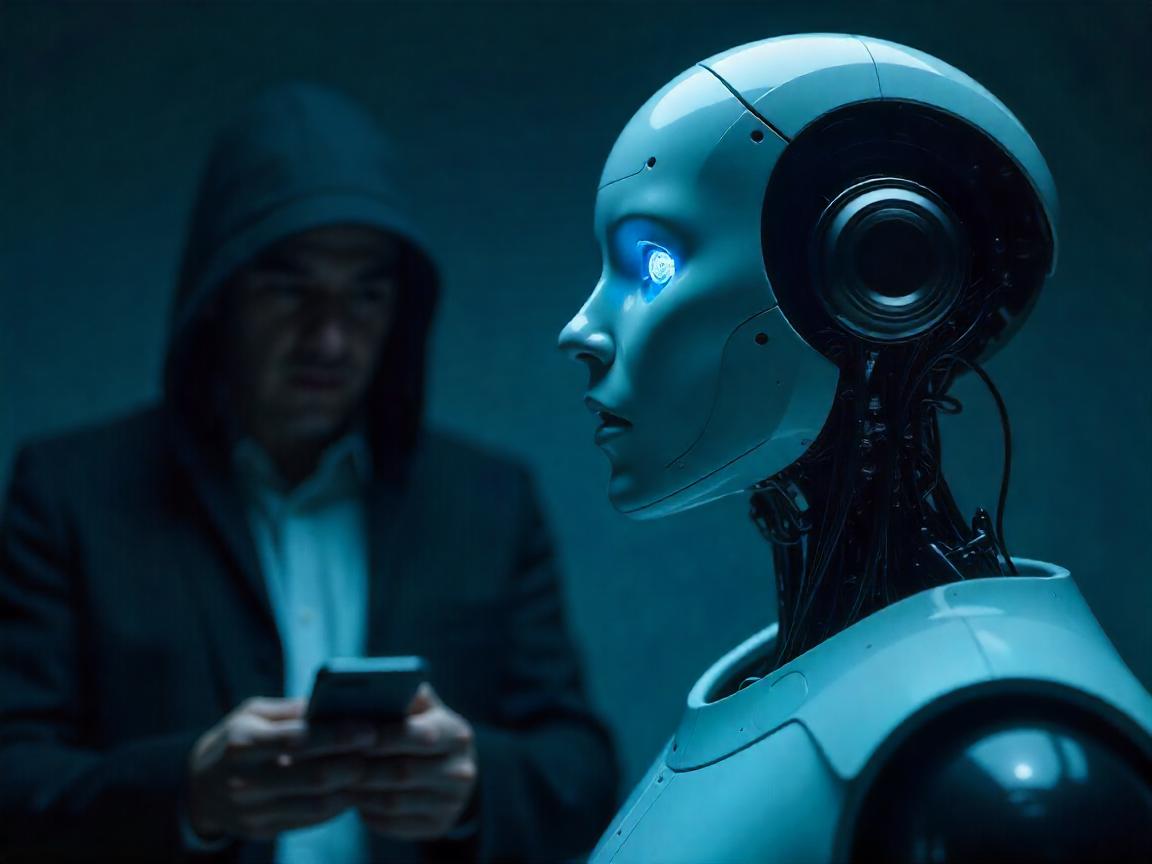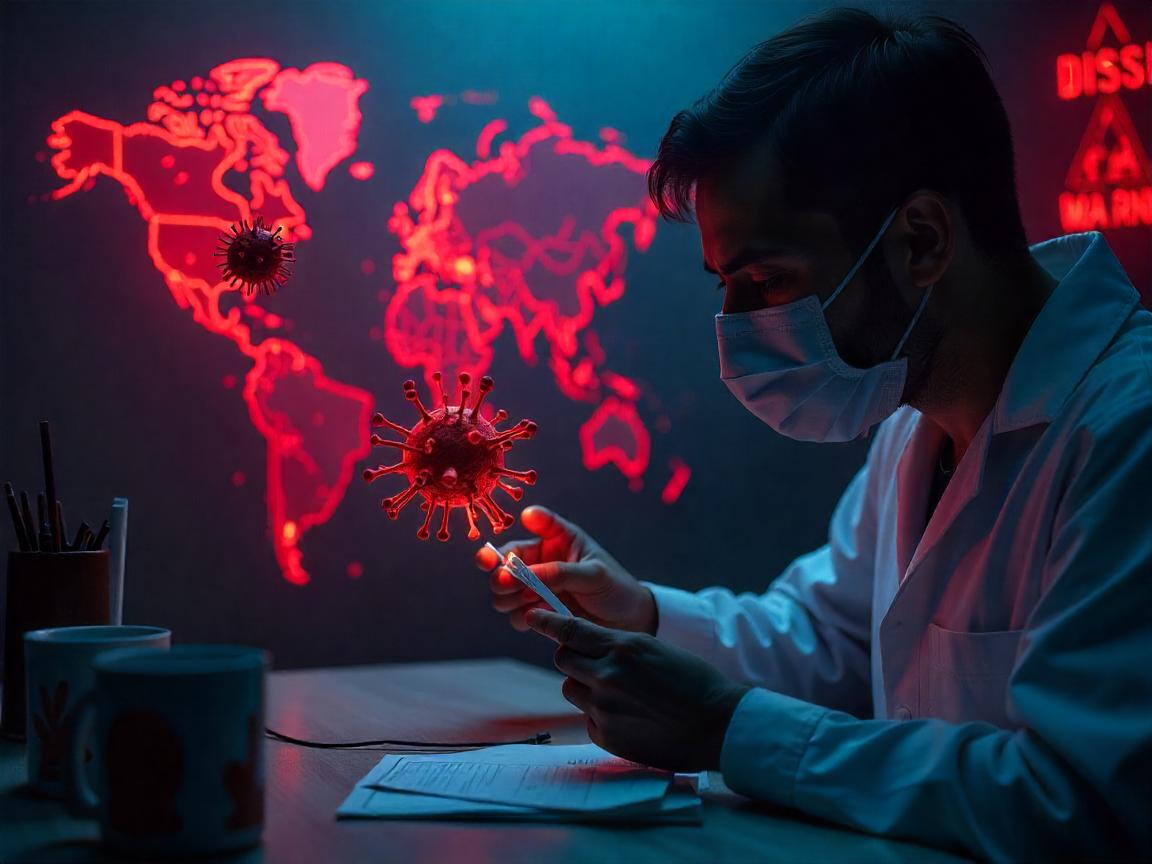How Sleepless Nights Lead to Alzheimer Disease

We celebrate the hustle. It is a badge of honor to burn the midnight oil. But what should come with that terrifying price be that badge? A shocking reality is now emerging through a revolutionary research. The sleepless nights are creating active brain rewiring that is speeding up a route into mental decay. It is Read details…



